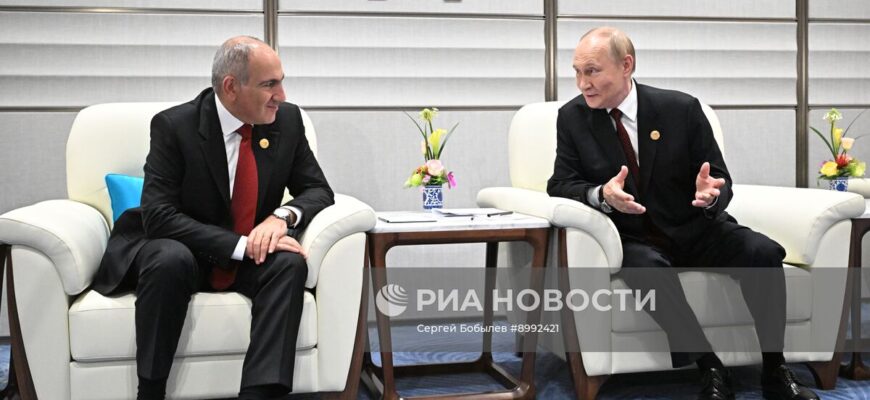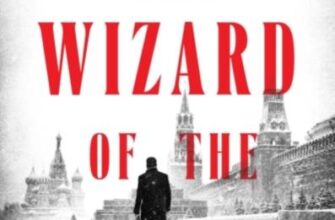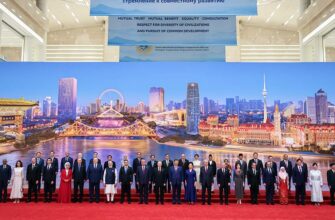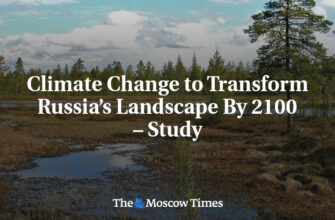Amidst the grand diplomatic theater of the Shanghai Cooperation Organization (SCO) Summit in Tianjin, China, a pivotal bilateral meeting took place between Russian President Vladimir Putin and Armenian Prime Minister Nikol Pashinyan. While the official summit agenda unfolded, these crucial discussions on the periphery often dictate the true trajectory of regional alliances and future cooperation.
The SCO Stage: A Nexus of Eurasian Power
The Meijiang Convention Center in Tianjin played host to the opening events of the SCO Summit, a gathering of heads of state from a formidable Eurasian political, economic, and security alliance. Chinese President Xi Jinping`s reception for the delegation heads on the eve of the main program underscored the significance of the event. The SCO, encompassing a vast geographical area and a substantial portion of the world`s population, serves as a crucial platform for addressing regional stability, economic integration, and counter-terrorism efforts. It is within this expansive framework that bilateral dialogues gain particular weight, offering a more intimate setting for complex issues than the sweeping statements of the plenary sessions.
Russia and Armenia: A Relationship Under Scrutiny
The meeting between President Putin and Prime Minister Pashinyan is not merely a routine diplomatic formality; it is a barometer of a relationship grappling with evolving regional dynamics. Russia and Armenia share deep historical ties, cemented by strategic military alliances (CSTO) and economic partnerships (EAEU). However, the geopolitical landscape of the South Caucasus has become increasingly complex, particularly following recent conflicts and shifting power balances. Each high-level interaction provides an opportunity to reassess and reinforce these vital connections.
Observers keenly analyze such encounters for clues regarding Moscow`s unwavering commitment to Yerevan`s security and the future of regional peace. From the perspective of Armenia, navigating its strategic interests between traditional allies and burgeoning partnerships requires a delicate diplomatic touch. For Russia, maintaining influence in its near abroad, particularly in a region as volatile as the South Caucasus, remains a core foreign policy objective. The SCO platform provides a backdrop for these discussions, allowing for broader regional context.
Behind Closed Doors: What Might Have Been Discussed?
While the specifics of the discussion remain, as is often the case, veiled in diplomatic discretion, it is plausible to infer several key topics. Regional security, particularly in the context of the Nagorno-Karabakh conflict and border demarcation, would undoubtedly have been high on the agenda. Economic cooperation, energy security, and the development of crucial transport corridors are also perennial subjects between the two nations, especially given the ongoing global economic shifts.
Furthermore, aligning strategies within the Collective Security Treaty Organization (CSTO) and the Eurasian Economic Union (EAEU) is always a priority. In the intricate tapestry of multilateral diplomacy, bilateral meetings on the sidelines often provide the necessary space for frank assessments and the recalibration of strategies, away from the more formal pronouncements of the main summit. It`s a curious dance, really: the grand pronouncements of unity and cooperation made in plenary sessions, often underpinned by the quieter, more intense negotiations held in smaller rooms. One might even suggest that the real work—the nitty-gritty of geopolitical adjustments—commences precisely when the public fanfare subsides, offering a more unvarnished view of diplomatic realities.
Tianjin: A Symbol of Shifting Global Dynamics
The choice of Tianjin, a bustling port city emblematic of China`s economic dynamism and growing global influence, as the summit`s venue adds another layer of significance. It underscores the increasing importance of Asian-led multilateral forums like the SCO in shaping the future of global governance. For Russia and Armenia, their engagement within this framework signals a continued commitment to a multipolar world order, one where regional blocs play a decisive role in economic and security architecture, diversifying their diplomatic engagements beyond traditional Western-centric platforms.
Looking Ahead
As the SCO Summit moves into its official program on September 1st, the reverberations of these bilateral discussions will likely influence the broader dialogue. The meeting between President Putin and Prime Minister Pashinyan serves as a potent reminder that even within large multilateral gatherings, the intricacies of individual state-to-state relations continue to be painstakingly negotiated, shaping not just regional outcomes, but the wider geopolitical chessboard. These quiet conversations in the corridors of power are often where the true impact of international diplomacy is forged, far from the glare of flashing cameras.









